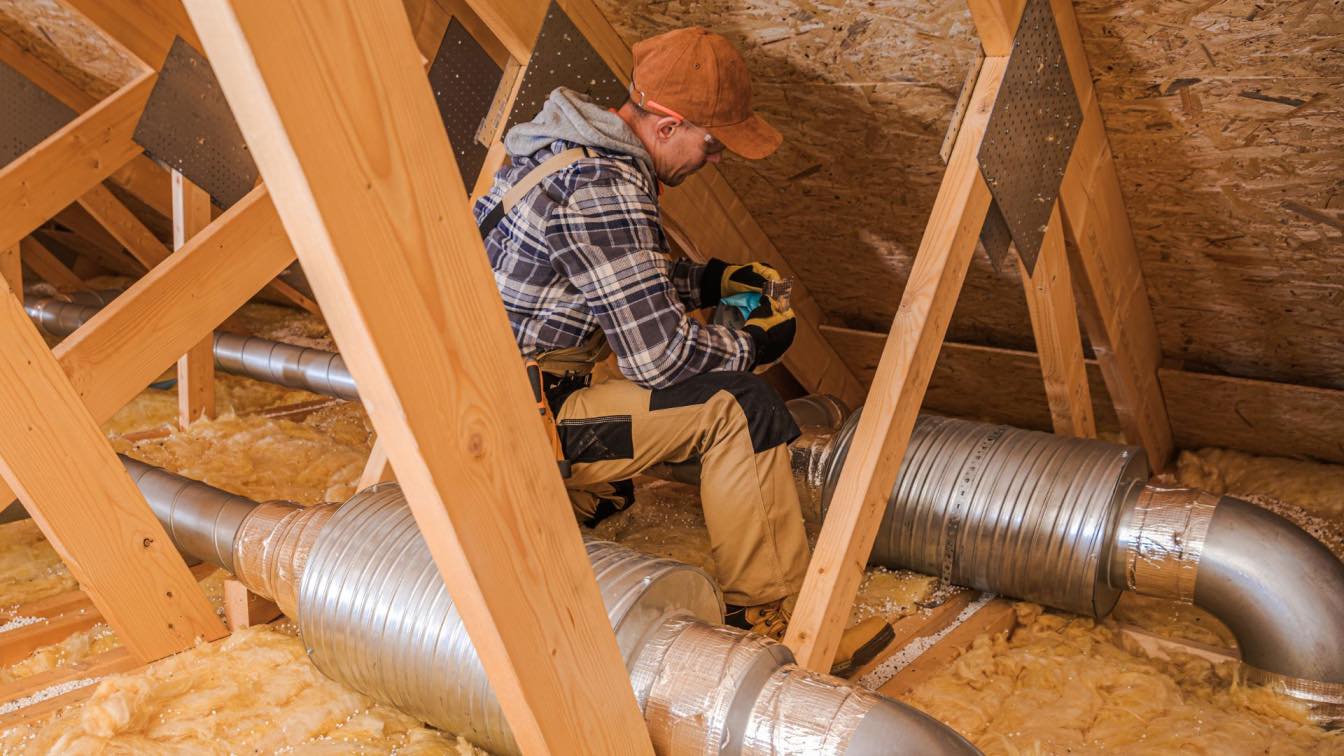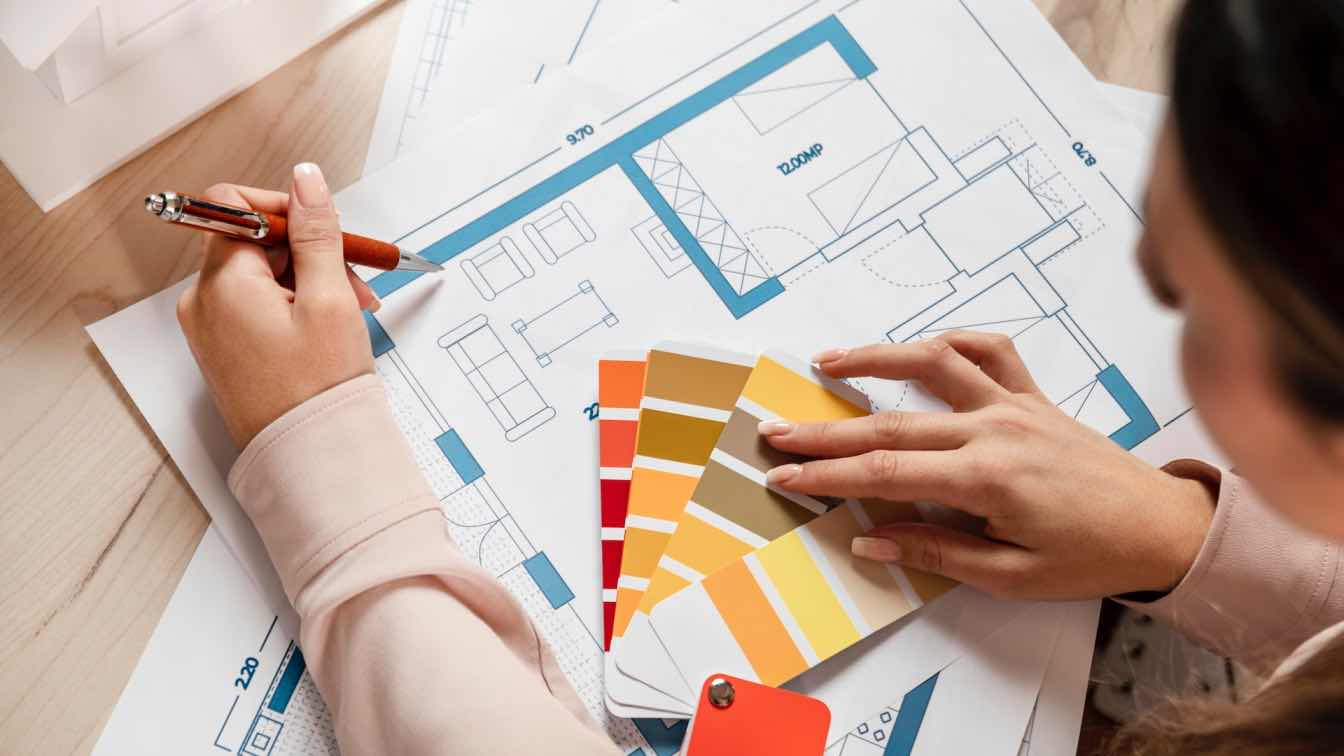Selling a home is not merely listing it for sale and determining the price. It's about understanding the psychology of potential buyers—what drives them, what frightens them, and how they make the ultimate choice. When you can connect with these psychological factors, you can create an unbeatable listing that attracts offers in a snap.
Emotional Connection: The Power of First Impressions
Home buyers typically make up their minds within seconds of walking into a house. Feelings trump sense, typically. If a buyer walks into a home that is cozy, welcoming, and nicely maintained, they are more apt to form an emotional bond. That bond can generate quicker and more hostile offers.
To access that emotional connection, sellers must highlight curb appeal, decluttering, and staging. A fresh new coat of paint on the house, a welcoming entry, and tastefully placed decor can allow buyers to see themselves living in the home. The goal is to make your home move-in ready and low-stress.
Aroma too plays an important part in generating first impressions. The smell of freshly baked cookies or a faint whiff of lavender can induce a sense of welcome in one's home. Avoid strong fake air fresheners, as these can sometimes feel overwhelming or that they are there to cover something up.
Perception of Value: Pricing Strategies That Work
One of the biggest challenges sellers face is pricing. Most people think that by pricing high, there is room for negotiation, but psychology says otherwise. Houses that are priced too high will stay on the market longer, and price reductions will make the house unappealing.
Buyers will seek out houses within their budget. Priced slightly below similar homes, your house will appear to be an incredible deal, and you'll get more attention, and even trigger bidding wars. Your local market and a smart real estate agent can help you determine the best pricing strategy.
In addition, consider round numbers psychology. A house that is $399,000 instead of $400,000 typically appears significantly cheaper, although the distinction is negligible. The strategy can be made more apparent by searching online and make your house appear like a steal.
The Fear of Missing Out: Creating Urgency
FOMO (fear of missing out) is a psychological stimulator that real estate agents use to create a sense of urgency. If potential buyers believe that they will lose a house, they will be more likely to decide quickly.
Tactics such as having open houses in rapid succession, highlighting recent buyer interest, or mentioning multiple offers can create demand. Limited-time incentives, such as paying buyer closing costs if an offer is made within a short timeframe, also encourage action.
Creating a competitive atmosphere can also build urgency. If prospective buyers see others at an open house who are interested, they will be more inclined to make an offer before someone else does. Real estate agents occasionally utilize strategic wording, such as "This house won't last! " to push buyers into quicker decisions.
The Role of Trust and Transparency
Trust is always required in any purchase, especially when purchasing a home. Consumers want to have confidence that they are making the correct decision, and any hint of dishonesty or hidden issues can scare them off.
Complete disclosure regarding repairs, maintenance history, and local information can establish trust. Offering a pre-listing inspection report and fixing any minor repairs beforehand demonstrates to buyers that you are transparent and honest. A buyer who trusts the seller is more likely to proceed without hesitation.
Transparency also works in communication. Prompt reply to queries, providing sufficient information regarding the property, and candor regarding potential defects can reassure a buyer. The smoother and more transparent the transaction, the better the chances of the sale going through quickly.
The Need for Personalization
Purchasers must feel as if a house were created for them. An anonymous, over-staged cookie-cutter house can sometimes give the impression of sterility. Subtle personal touches—such as personality-neutral decoration, warm scents, and cozy light—are likely to help a space feel inviting without overwhelming the buyer's imagination.
If you’re selling a family home, showcasing a cozy reading nook, a well-organized kitchen, or a backyard perfect for gatherings can help buyers see themselves living there. On the other hand, if your home is in a trendy city area, highlighting modern amenities and work-from-home spaces can appeal to professionals and young couples.
Sellers must also consider their neighborhood's buyer demographic. If a neighborhood is favored by retirees, for instance, highlighting accessibility features and low-maintenance landscaping can make it more appealing. Understanding the prospective buyers' requirements gives a more tailored and focused sales approach.
The Importance of Simplicity and Convenience
Modern buyers are looking for a stress-free purchasing experience. If a home requires too many repairs or complicated negotiations, it can push them away. The simpler the process, the more attractive the home becomes.
This is where working with cash buyers or home-buying companies can be beneficial. If you need to sell quickly without dealing with the traditional home-selling hassles, click here to explore fast, hassle-free selling options. The majority of sellers find that removing the uncertainty of financing, inspections, and contingencies allows them to get on with their lives better.
Also, offering move-in-condition houses with a bundle of essential appliances can serve as a significant selling point. Customers prefer houses that need minimal effort once bought, so they buy the house on the spot.
The Power of Social Proof and Online Presence
With today's digital era, home buyers prefer to rely on online reviews, testimonials, and social proof while making a decision. A quality-photographed listing with a virtual tour and positive reviews with regard to the neighborhood or previous transactions can instill trust and attract more buyers.
Word-of-mouth, real estate agent referral, and social marketing will also function. Referral from past buyers or neighbors who have been satisfied with your location and house can give a rich narrative that captures the interest of potential buyers.
Also, employing video footage—such as an online tour or community tour—can increase the attractiveness of a listing. The longer the buyer stays on an interactive listing, the greater the emotional value of the house.
Final Thoughts: Understanding Buyer Psychology to Sell Faster
Selling a house isn't so much about the house itself—it's about how buyers feel when they see it. By being mindful of the psychology behind what you do, you can create a more appealing listing, price it accurately, and use strategies that induce a sense of urgency and trust.
If you can sell your house quickly, take a cue from psychology textbooks and incorporate these concepts into your sales process. Whether you list traditionally or sell directly to a buyer, knowing what pushes buyers' buttons can help you close the sale with optimal efficiency and profit.
By connecting with the feelings, desires, and actions of purchasers, you can change the home-selling process and realize a quicker, more satisfying sale.





